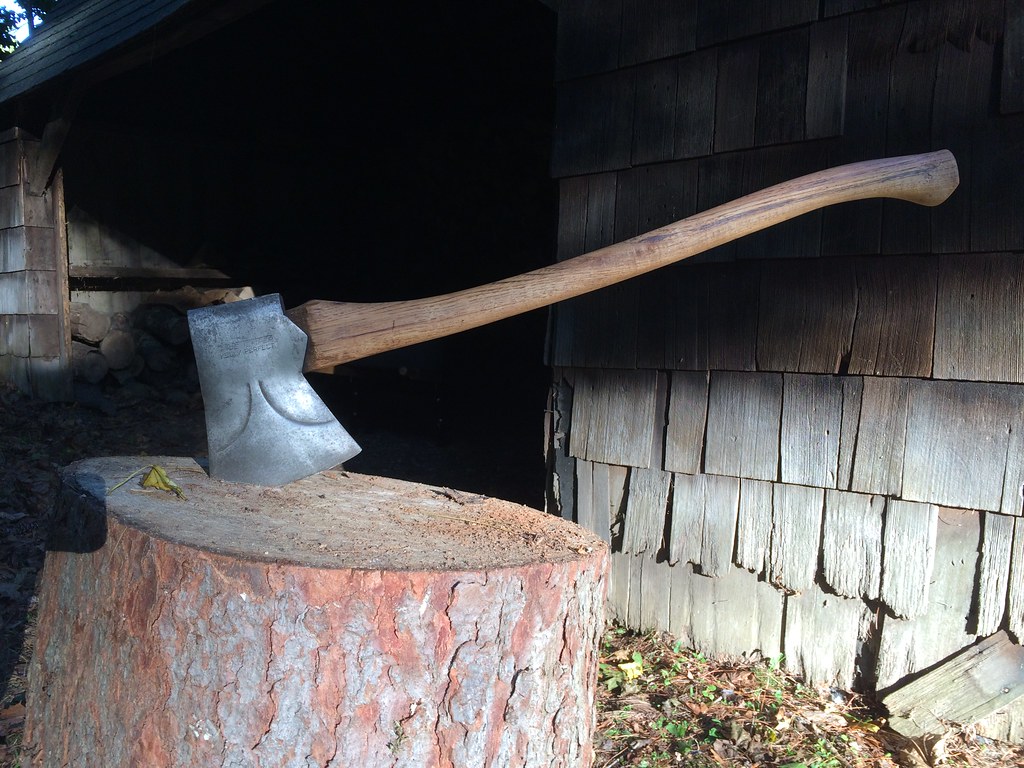I think it's a great question. I feel it's a whisper from our past, a legacy behavior from the people we came from who were not just tool users, but inventors and sharers of knowledge. Tools without question offered us a way to adapt our environments to suit our needs, thus adorning our tools to an almost human-like reverence. I feel that has some role to play in how we share information to one another about the tools that have an affect on our daily lives. Especially when a new item comes in, it generally replaces the tools more traditionally used. I feel some who have an interest in traditional tools also feel a need to preserve that information, as it's easy to lose motivations for tools used in traditional times, and along with it, technique. I've rehung axes with my okie grandpa. It's an art all unto it's own and claim no expert knowledge in it, I thought it was a really fun process to learn and had a great teacher. Especially growing up poor it was a way to remain self reliant and competitive to the modern cultural standards. Our stuff mighta been old and ugly, but they got the job done. I 100% get what OP is talking about. I do feel though the danger of accepting these newer items into a culture without question is a dangerous move, although I like the way Stabman said it earlier "One of their medium sized offerings...or something in that size range from another company.". This is the way I think about the newer axes on the market today, some have some nice features not present on traditional felling axes for instance. The 36" handle isn't something you see many modern campers toting around. Having medium to compact full size axes may not be practical for the Forestry Service, but neither is a 4-8lb full size axe for most car campers.
The brand part is unfortunate, in that brands are designed to play into those tools that do have a cultural effect and exploit those emotions after the tool is used. Marketing is some dark artistry all in it's own. I personally don't care about brands or companies that aren't my own, but there are good people behind those companies that are tool nuts like us, supporting the ones out to make positive cultural change isn't a bad thing, it's just the time we live in right now. That's where I was yearning for some signal through the noise, and not just hear about two or three foreign makers, but that there are surprisingly a lot of domestic companies doing good things, on the cheap and making them easily serviceable by design. I feel these are more practical starter axes as you learn about the tool as you use it and maintain it. Is an Achulean hand axe still an axe if OP is right?
Today's heresy is tomorrow's dogma?

